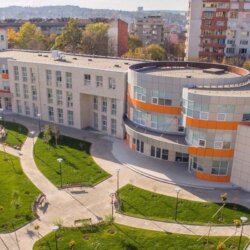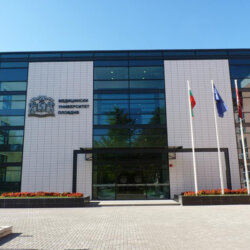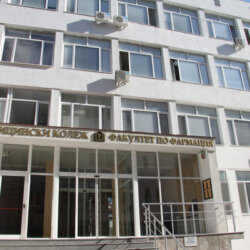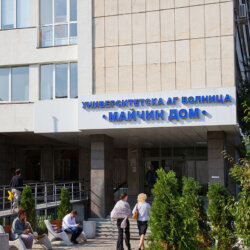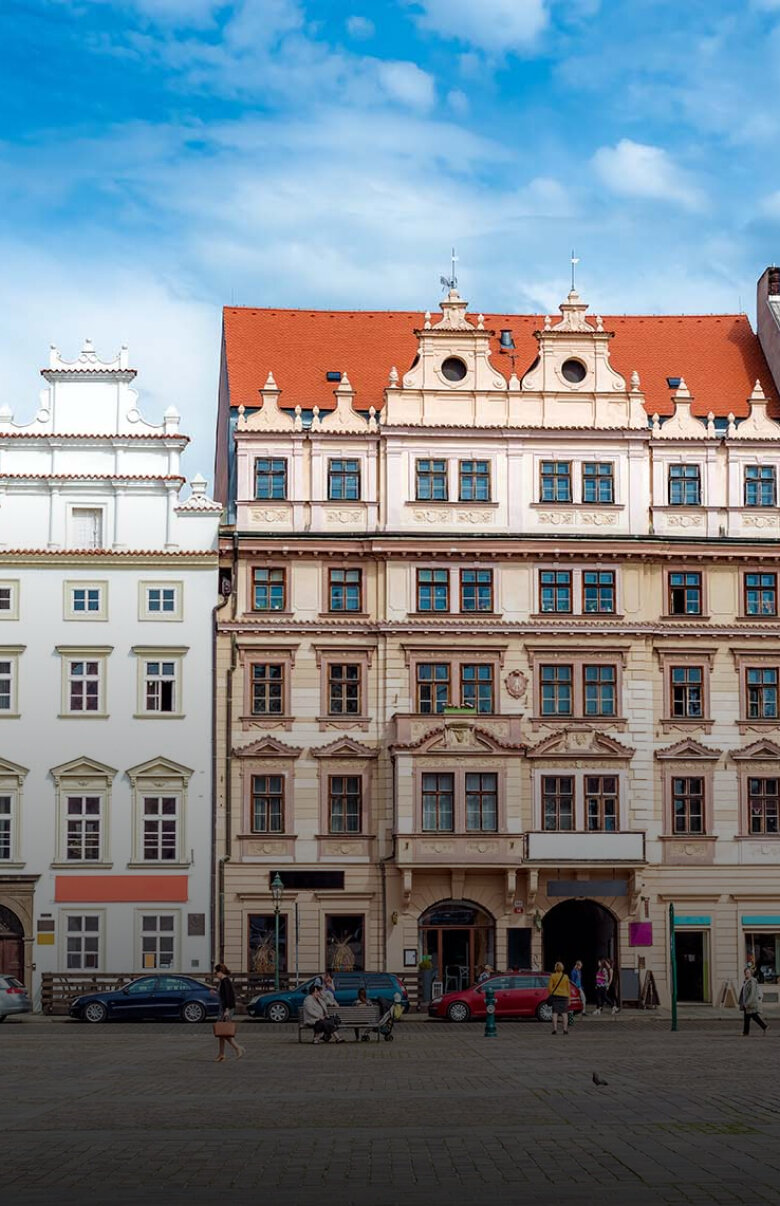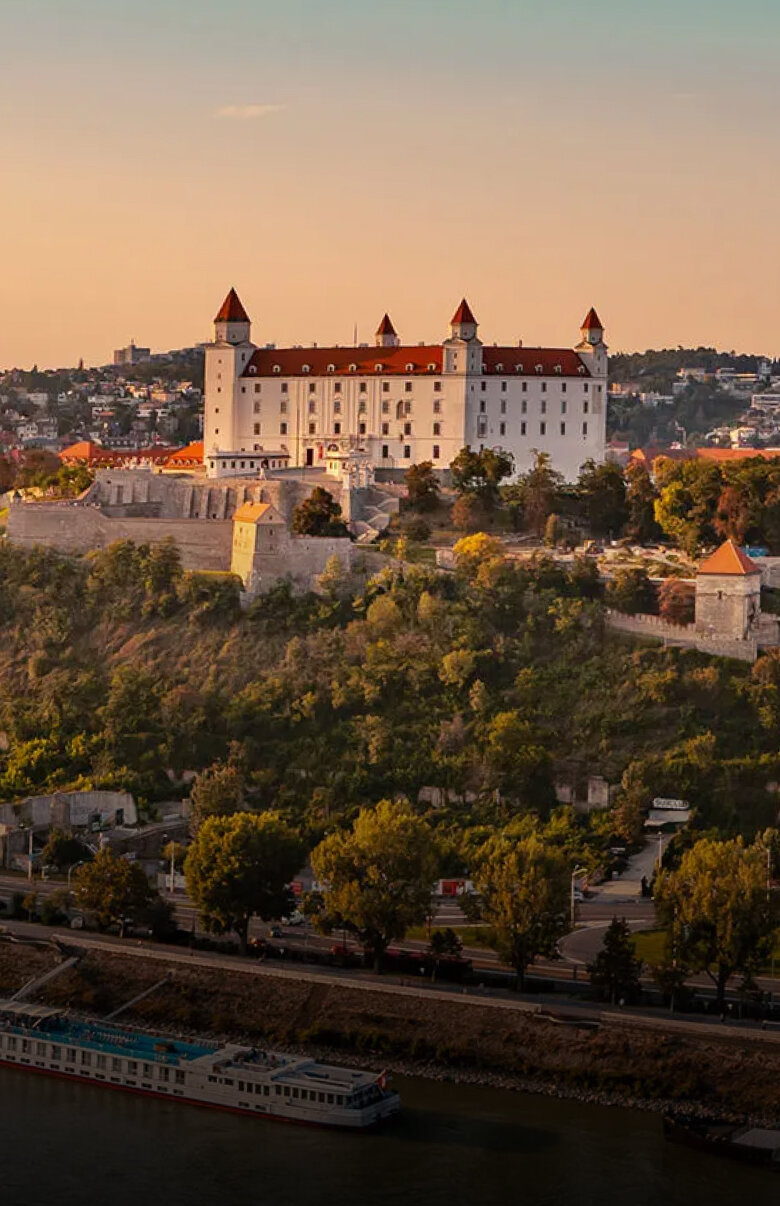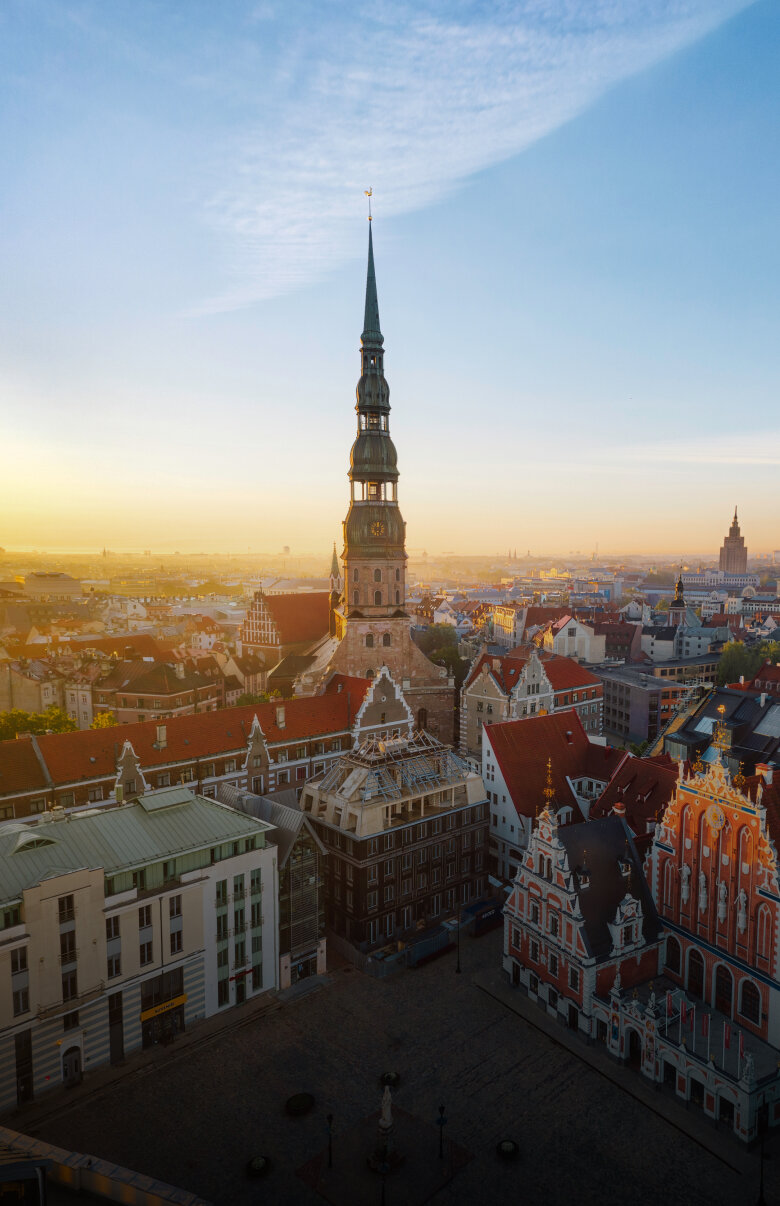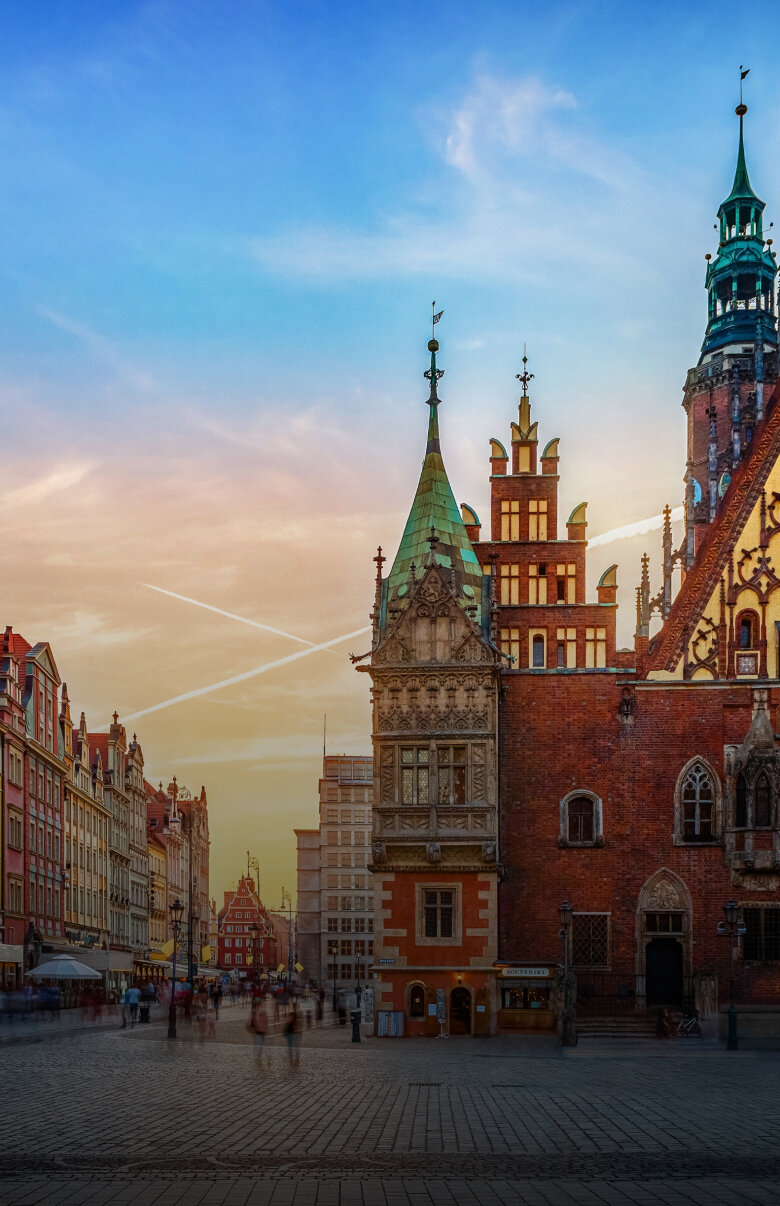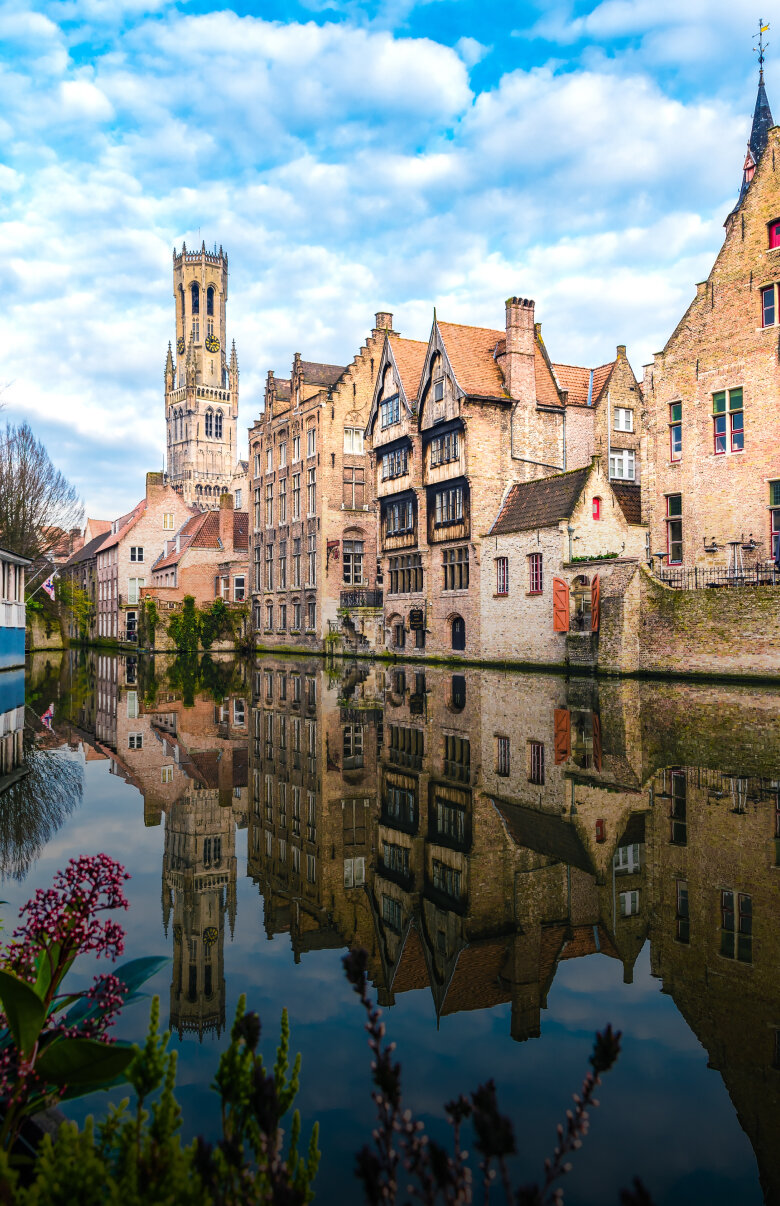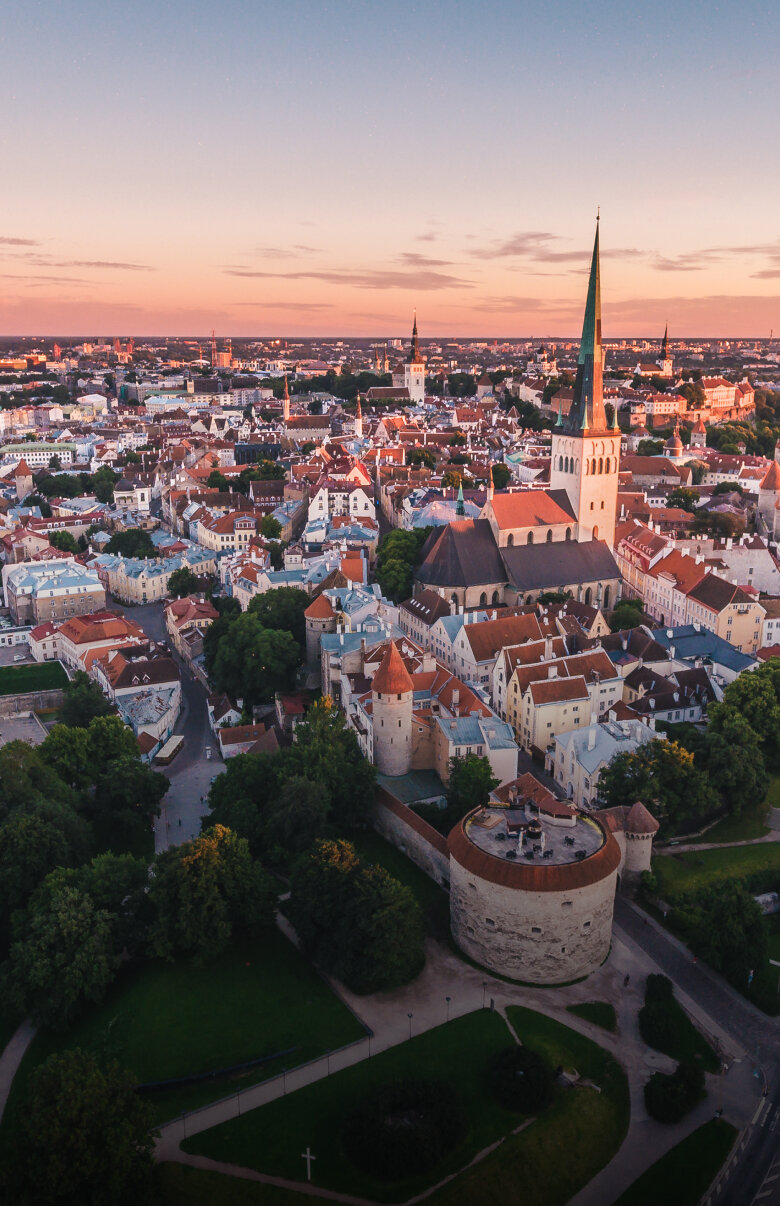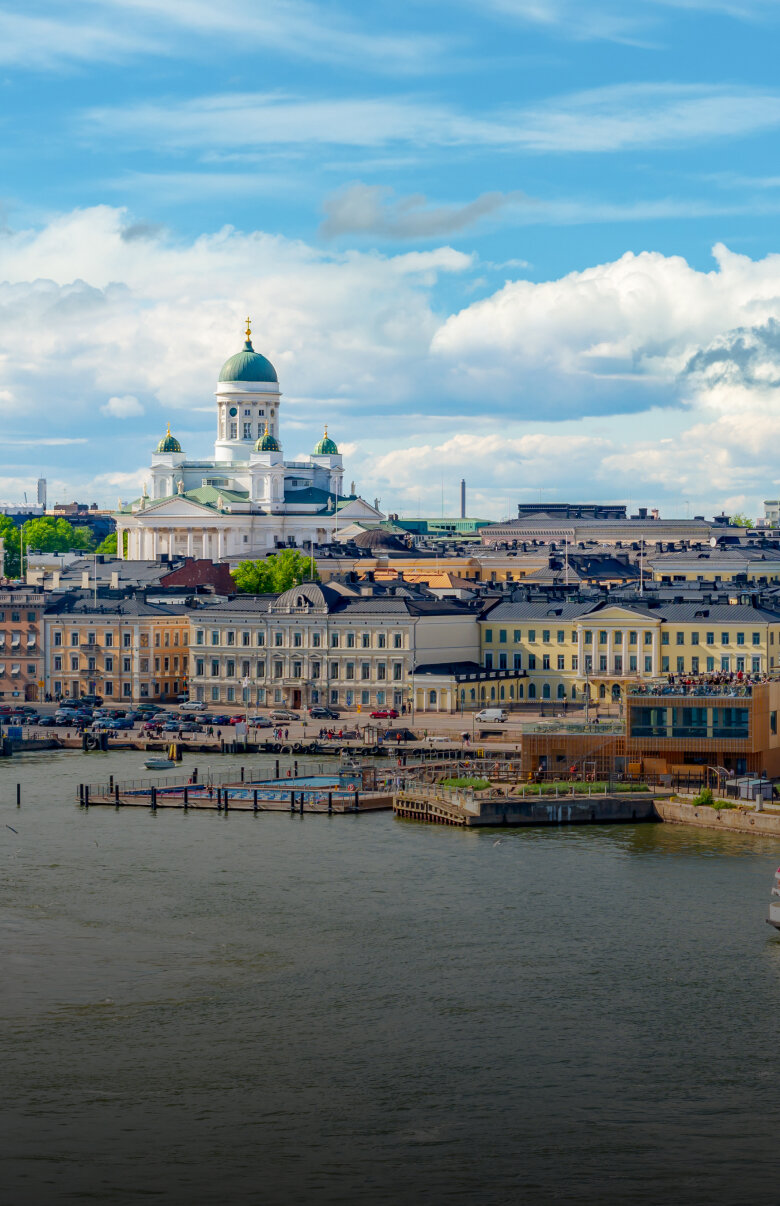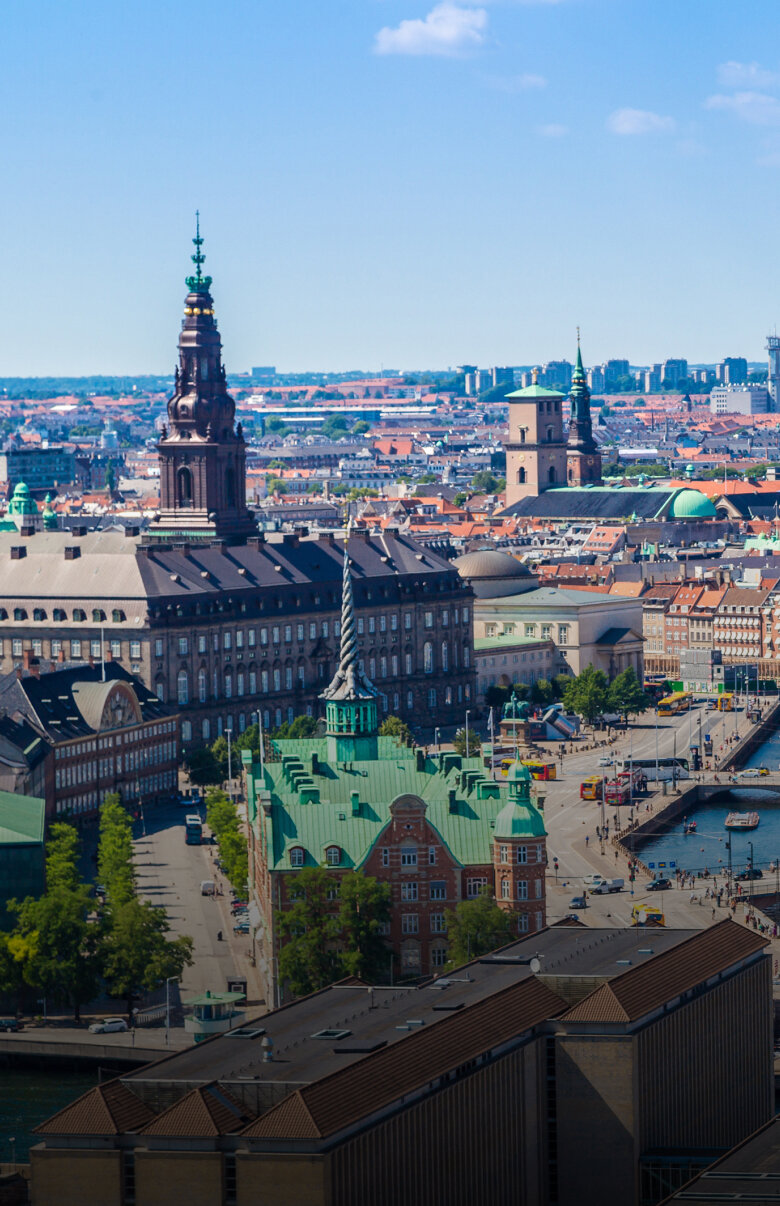Universities
Studying medicine in Bulgaria
If you want to realise your dream of a career as a doctor, you can also think outside the box and consider studying medicine in Bulgaria. The degree programme is one of the most popular in Germany. However, the number of study places is limited and competition is fierce. To avoid the high NC, it is worth looking abroad. You can find everything you need to know about studying medicine in Bulgaria in this article. The country on the Black Sea is characterised by outstanding universities and an internationally recognised degree.
You are interested in Studying medicine abroad?
We are happy to advise you free of charge about the possibility of studying medicine abroad. futuredoctor supports you in obtaining a place to study medicine at over 21 universities in 9 countries.
In this article, we will give you a comprehensive overview of studying medicine in Bulgaria, including important details about the different universities that offer these programmes and how we at futuredoctor can support you on this exciting journey. Immerse yourself in the world of studying medicine in Bulgaria and discover what awaits you there!
5 reasons to start your medical studies in Bulgaria
Bulgaria is becoming an increasingly popular choice for German students to study medicine abroad. But why is that? Here are some of the advantages of studying medicine in Bulgaria:
NC-free study programme
Studying medicine in Bulgaria does not have a rigid NC. Instead, you qualify through good grades in biology and chemistry and a science entrance test.
Studying medicine in English
The medical degree programme in Bulgaria is offered in English as the language of instruction. Knowledge of the Bulgarian language is not required, but some universities offer Bulgarian language courses alongside your studies so that you can communicate better in your free time or during practical assignments in the hospital.
Internationally recognised degree from highly renowned universities
The medical universities in Bulgaria have excellent teaching methods and modern teaching and research facilities. As a result, the medical degree in Bulgaria is highly recognised internationally. After your studies, you have the option of either working in Bulgaria, returning to Germany or starting your medical career in another EU country.
Comparatively low tuition fees
The universities in Bulgaria charge medical students tuition fees of around 9,000 euros per year, i.e. 4,500 euros per semester. This is at the lower end of the European range for an English-language medical degree programme.
Exciting student cities in a unique landscape
Whether Pleven, Plovdiv, Varna or the capital Sofia - Bulgaria's student cities offer great leisure opportunities with their cosy cafés, historic streets and green parks. You shouldn't miss out on the colourful nightlife in the numerous bars teeming with international students. Incidentally, Bulgaria has the highest proportion of foreign medical students in the entire EU.
Bulgaria's beautiful landscape with dreamy lakes and mountains offers countless outdoor activities and the beautiful beaches attract countless tourists every year.

Study medicine abroad with futuredoctor
Do you dream of studying medicine, but the chances of getting a place in your home country are slim? We can help you find a suitable study place abroad.
Advantages at a glance:
- EU-wide recognised qualifications
- Study in English or German
- > 95% Success rate
- > 1,000 study places allocated
From the selection of universities and support in the application process to orientation and finding accommodation - we are at your side.
At which universities is it possible to study medicine in Bulgaria?
The medical universities in Bulgaria are recognised worldwide for their excellent medical education. At the following five universities, international students can study human medicine or dentistry in English:
Medical University of Sofia
The Sofia Medical University is the oldest university in Bulgaria. It occupies a unique place in the Bulgarian education system due to the high standard of teaching, training and achievements in research and healthcare. Centrally located in the beautiful capital of Bulgaria, there are many bars, cafés and parks where you can spend your free time.
Sofia University "St Kliment Ohridski"
Sofia University was one of the first universities in Bulgaria and is considered the largest and most prestigious educational and scientific centre in the country. The medical faculty's programme aims to impart theoretical knowledge and practical skills through highly qualified teaching. You can then expand your new medical knowledge at the patient's bedside in the university's modern co-operating clinics.
Medical University of Pleven
The Pleven Medical University was founded in 1974 to expand the horizons, size and reputation of the city hospital. Today, it combines the traditions of the past with the possibilities of the present and comprises numerous educational and therapeutic facilities in which the theoretical and practical training of medical students takes place. The cooperating university hospital with more than 1,000 beds, clinics in all important medical fields and specialised research units with modern diagnostic and therapeutic equipment is used efficiently to treat patients, train students and carry out research work.
Medical University of Plovdiv
The Medical University of Plovdiv enjoys an excellent national and international reputation for its outstanding medical teaching and excellent research. Teaching takes place on the university's medical campus, which is equipped with modern lecture theatres and laboratories. The city of Plovdiv is located south-east of Sofia and its flair is characterised by the many young and international students.
Medical University of Varna "Prof Dr Paraskev Stoyanov"
The Varna Medical University is one of the most modern universities in the country and offers its students an attractive multinational environment, state-of-the-art training methods and facilities, as well as real-life and simulation training. The university's medical faculty attaches great importance to keeping its students healthy, which is why sport is integrated into the timetable as a compulsory subject for 90 minutes per week in the first two years.
What are the requirements for studying medicine in Bulgaria?
The basic requirement for studying medicine in Bulgaria is a university entrance qualification, i.e. your Abitur. The Numerus Clausus (NC) is not relevant, but you should have good grades in chemistry and biology.
Some universities also require an entrance examination. This is usually a test in chemistry and biology in English. The questions in this test cover the material in these subjects from secondary school. In order to achieve a good result, it is worth taking part in preparation courses, some of which are offered by the medical faculty, or preparing independently using specially designed study books.
To prove your English language skills, you will need an official language certificate, such as the TOEFL, IELTS or Cambridge certificate.
How is the medical degree programme in Bulgaria structured?
How long does it take to study medicine? The medical degree programme in Bulgaria lasts 6 years and is similar in structure to the German curriculum. The first two years are preclinical training. During this time, you will learn the medical basics that you will need to understand pathology later on. This includes natural sciences such as biology, chemistry and physics, but also anatomy and physiology, as well as terminology and sociology.
Once you have understood the structure and function of the healthy body and successfully passed the examinations, the clinical section (clinical training) of the degree programme follows in the fifth semester. You will learn about diagnostics, therapy and prevention in various medical fields. These include general medicine, Surgery, orthopaedics, paediatrics, Gynaecology and intensive care medicine. The lectures are accompanied by practical assignments in the hospital. This part of the degree programme lasts three years.
This is followed by the practical year (undergraduate clinical placement/internship). In this final year of your medical training, you will be assigned to various wards in the hospital and support the respective medical team.
How much does it cost to study medicine in Bulgaria?
The cost of studying medicine varies from university to university and is between €7,500 and €8,000 per year.
Sofia University St Kliment Ohridski charges tuition fees of 7,700 euros per year, as well as a one-off admission fee of 30 euros.
With tuition fees of 7,500 euros, the Medical University of Pleven is the most affordable medical university in Bulgaria. The registration and admission fee there is 230 euros.
At the Medical University of Plovdiv, the Medical University of Varna "Prof. Dr Paraskev Stoyanov" and the Medical University of Sofia, tuition fees amount to 8,000 euros per year. The registration fee at the first two universities mentioned is around 225 euros. At the Medical University of Sofia, the application fee is 440 euros (entrance examination and application fee).
A Scholarship for your medical studies abroad, will be able to help you cover the tuition fees for your medical studies in Bulgaria.
In addition to the tuition fees, there are also monthly living costs. These are significantly lower in Bulgaria than in Germany. You should expect to spend between 400 and 600 euros on housing, food and leisure activities. These costs can vary depending on your lifestyle and needs.
Country and people: 5 exciting facts about Bulgaria
- Bulgaria is one of the oldest European countries and is the only one that has been in existence since it was founded in 681 AD.) never changed his name
- The oldest worked gold was found in Bulgaria. It has been dated to around 6,000 years ago.
- Bulgaria is one of the leading European countries in terms of Mineral resources and archaeological excavations.
- The Cyrillic alphabetwhich is also used for the Russian language, among others, was used for the first time in Bulgaria.
- A speciality in Bulgaria is the Bulgarian yoghurt. The use of special bacteria gives it a unique flavour.
What do you need to consider when applying to study medicine in Bulgaria?
The Application for medical studies in Bulgaria is done by the universities themselves. You upload various documents to the website of the selected university. These include, for example, the application form, a photocopy of your identity card and two recent photos of yourself. You will also need a certificate of secondary education, which you will receive from the Bulgarian Ministry of Education and Science in recognition of your school-leaving certificate. Compliance with the Dates/deadlines of medical universities in Bulgaria is extremely important. The university "Prof. Paraskev Stoyanov" also allocates places after receipt of the complete application. The earlier you submit your application, the better your chances of gaining a place.
Are you ready to realise your dream of studying medicine in Bulgaria? Contact us today and start your journey with futuredoctor. We look forward to accompanying you on your journey and working with you to realise your dream of a career in medicine.
You don't want to study in Bulgaria, but in neighbouring Romania? Then take a look at the following page: Medical studies Romania.
Starting signal
What are you waiting for? 🎉
Order your information pack now, find out more about studying medicine abroad and get started as a medical student!
Frequently asked questions
FAQs about studying medicine in Bulgaria
What are the advantages of studying medicine in Bulgaria?
Studying medicine in Bulgaria offers a number of advantages, including NC-free admission, English-language studies, internationally recognised degrees, comparatively low tuition fees and a unique student life culture in attractive cities.
Which universities in Bulgaria offer a medical degree programme in English?
Five universities in Bulgaria offer medical degree programmes in English: Sofia Medical University, Sofia University "St. Kliment Ohridski", Pleven Medical University, Plovdiv Medical University and Varna Medical University "Prof. Dr. Paraskev Stoyanov".
What requirements do I have to fulfil to study medicine in Bulgaria?
The basic requirements are a high school diploma and good grades in biology and chemistry. Some universities also require an entrance test in English, chemistry and biology as well as an official language certificate such as TOEFL, IELTS or Cambridge.
How is the medical degree programme structured in Bulgaria?
The medical degree programme lasts 6 years and consists of a pre-clinical phase, a clinical phase and a practical year. The first two years cover basic subjects such as biology, chemistry and anatomy, followed by clinical training in various medical fields.
What are the costs of studying medicine in Bulgaria?
Tuition fees vary depending on the university and are between €7,500 and €8,000 per year. Living costs are also incurred, but these are lower than in Germany.
What steps do I need to take to apply to study medicine in Bulgaria?
The application is made directly to the universities and requires the completion of the application form, the submission of educational certificates, identity documents and, if applicable, a language certificate. It is important to adhere to the application deadlines.
Are there scholarships for international students in Bulgaria?
Yes, there are various scholarship opportunities for international students that can support medical studies in Bulgaria. Interested parties should inform themselves about the respective scholarship programmes and note the requirements.
What language skills are required to study medicine in Bulgaria?
As the programme is taught in English, a good command of English is required. An official language certificate such as TOEFL, IELTS or Cambridge is required as proof.
What opportunities do I have after completing my medical studies in Bulgaria?
Graduates have the opportunity to work in Bulgaria, return to their home country or continue their medical career in another EU country, as the degree is internationally recognised.
30 countries for your medical studies
The Netherlands
Groningen, Maastricht, Amsterdam, Leiden, Utrecht, Rotterdam

Switzerland
Basel, Fribourg, Berne, Geneva, Zurich, Neuchâtel, Lausanne

